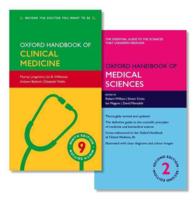Full Description
By exploring the advancements in aquaculture technologies such as recirculating aquaculture systems (RAS) and integrated multi-trophic aquaculture (IMTA), the book also advocates the environmental friendly and resource-efficient practices that enhance both food security and nutrition.





